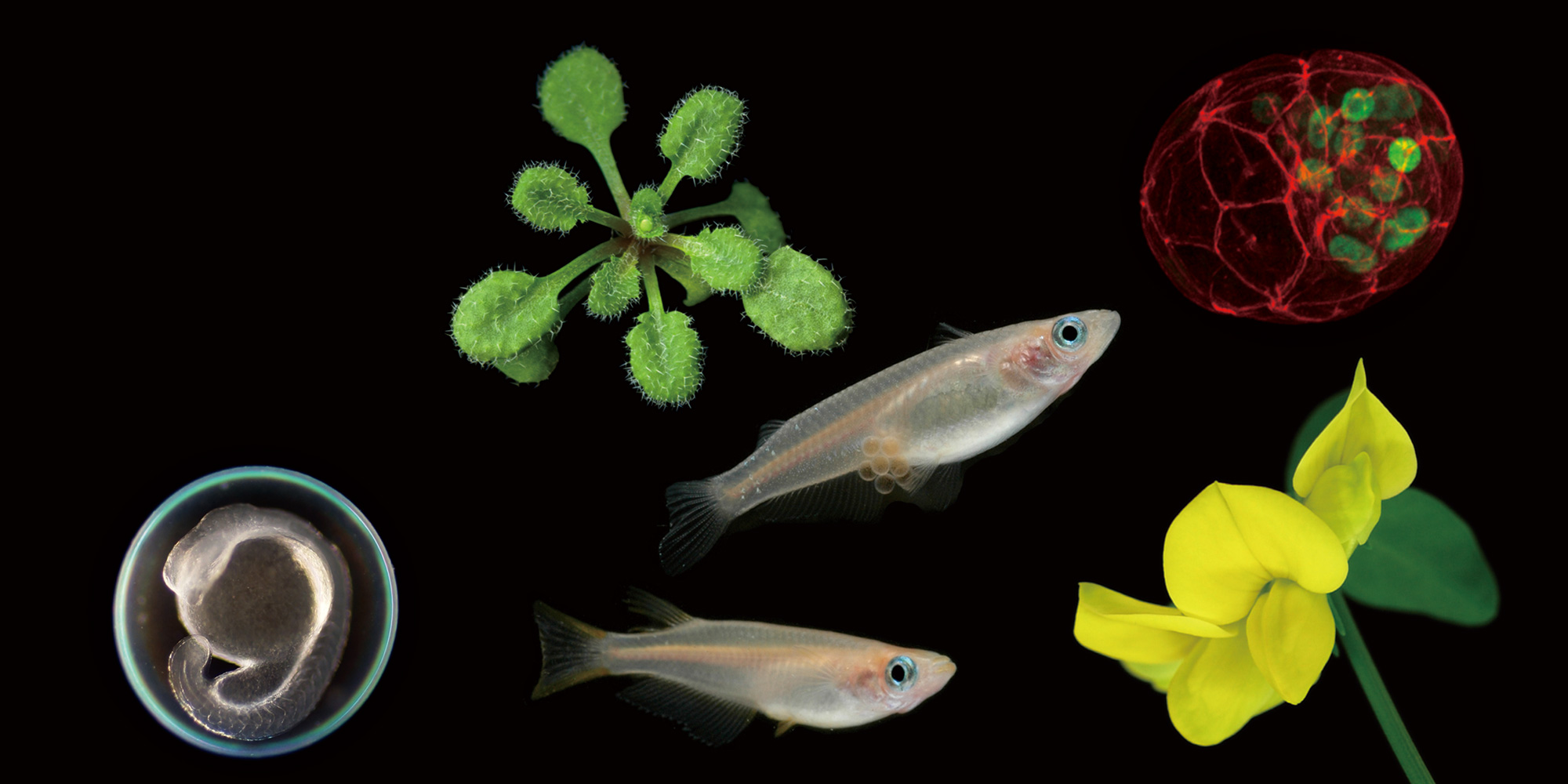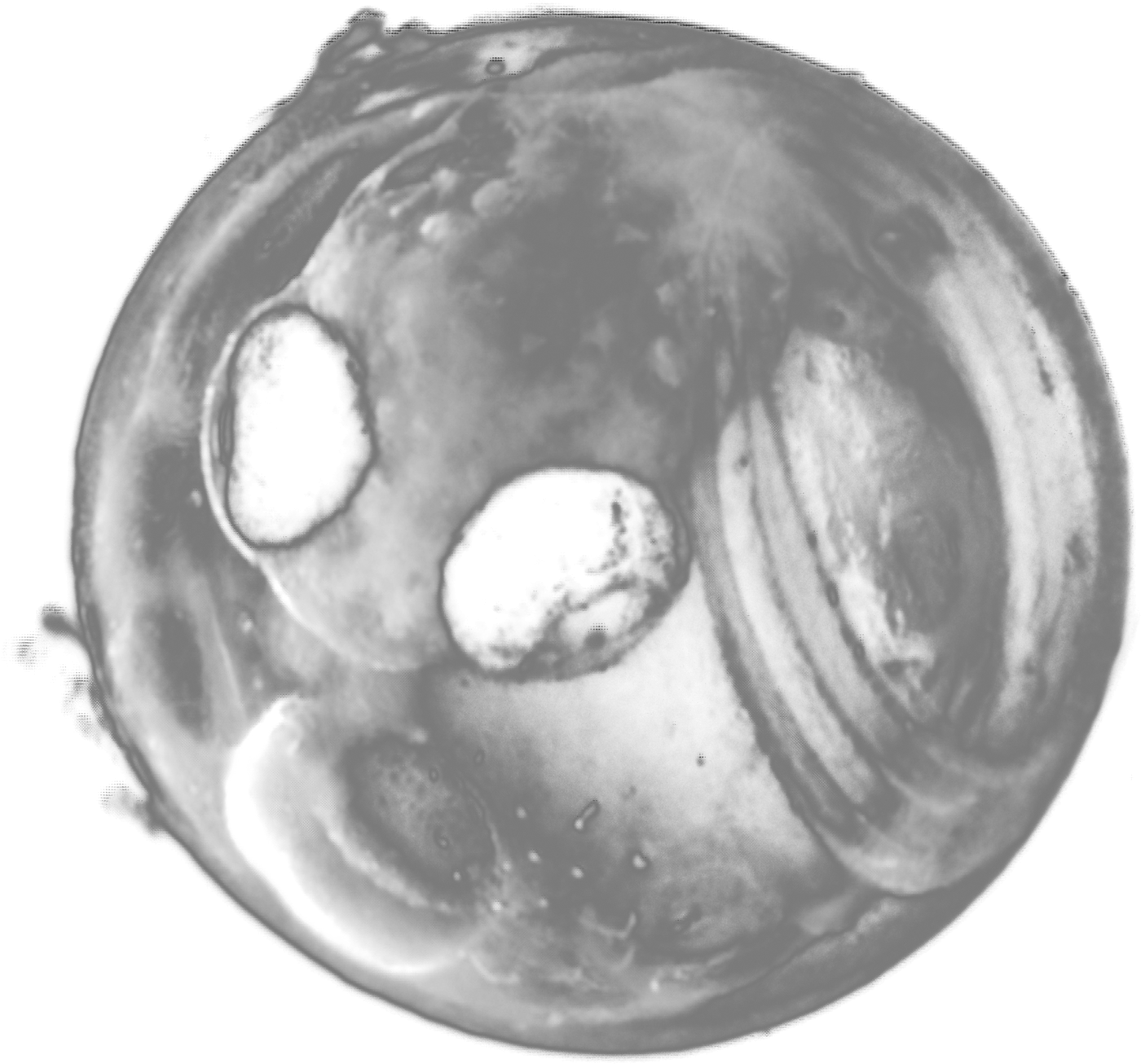2016.08.25 Other
Analysis of the Molecular Basis of Mate-guarding Behavior in Medaka
Dr. Saori YOKOI (National Institute for Basic Biology)
2016. 08. 25 (Thu) 18:00 ~ 18:30
Conference Room, NIBB (Myodaiji)
Laboratory of Bioresources, Yusuke Takehana (7579)
The 9th NIBB International Practical Course
The 4th NIBB-TLL Joint International Practical Course
Open Seminar
Analysis of the Molecular Basis of Mate-guarding Behavior in Medaka
Males of various animal species exhibit mate-guarding behavior to prevent other males from mating with their potential or former mates. Although mate-guarding behavior has been studied extensively in behavioral ecology and phylogeny, its neural/ molecular basis remains largely unknown mainly because of the lack of an established behavioral system to assess mate-guarding behavior in triadic relationships under laboratory conditions.
Here we report that the male medaka (Oryzias latipes) fish robustly exhibited mate-guarding behavior under laboratory conditions and the dominant males in mate-guarding behavior assay showed higher reproductive success than subdominant males.
Furthermore, we report that the neuropeptide arginine vasotocin (AVT) has an essential role in mate-guarding behavior of medaka. We generated mutants of avt and its receptors (V1a1, V1a2) and showed that avt and V1a2 mutant males exhibited abnormal mate-guarding behavior. Furthermore, the dyadic behavioral tests of courtship behavior and aggressive behavior revealed that avt mutant males had low sexual motivation but their aggression were normal. In contrast, V1a2 heterozygote mutant males, which exhibit normal mate-guarding behavior, showed normal sexual motivation but their aggression were low. Thus, impaired mate-guarding behavior of avt and V1a2 mutant males may be derived from the low sexual motivation toward the potential mates and not from the low competitive motivation toward the rival males.
Reference:
1. Yokoi S et al., (2015) PLoS Genet. 11(2): e1005009.







